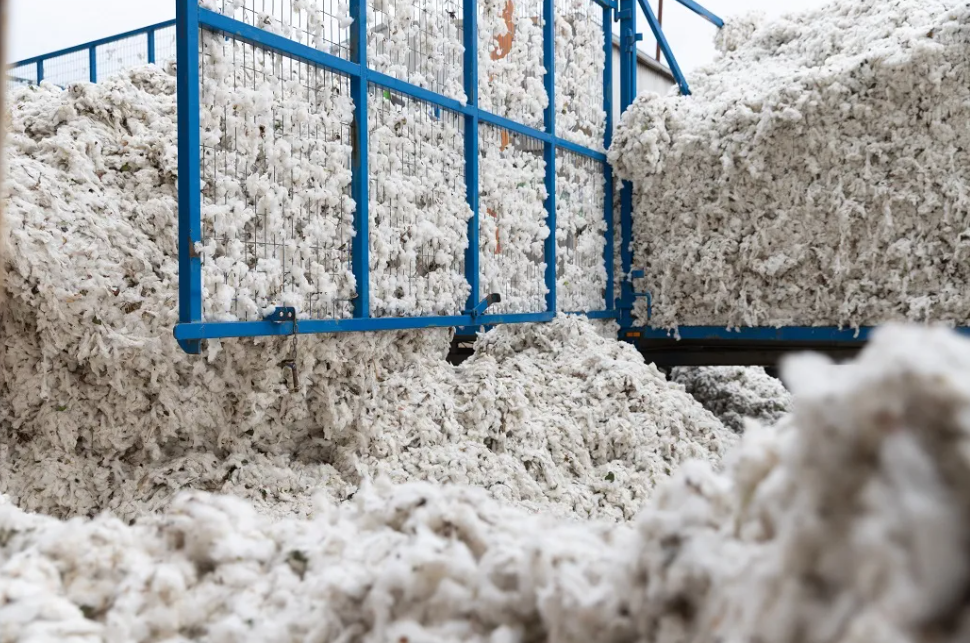Cotton ginning mills in the north Indian state of Punjab have gone on indefinite strike from today. They have decided not to run their ginning mills until the state government accepts their demand regarding notices issued for recovery of pending tax liability. The state’s ginning mills have gone on strike at a time cotton arrival for the current season is set to rise. The state’s arrival reduced to negligible on Monday due to the trade disruption.
Members of the Punjab Cotton Factories and Pressing Association are protesting against the tax notices issued by the state government. They have decided not to purchase seed cotton (Narma) from farmers until the state government withdraws tax notices.
The state government had levied Punjab Infrastructure Development Fund (PIDF) cess of 1 per cent on sale price of agriculture produce from the first buyer. The cess was levied in 2010, but it was withdrawn in 2014. But the state’s department of excise and taxation did not collect properly which caused for poor recovery. Government agencies deposited the cess on time, but private traders and millers did not deposit the tax from 2010 to 2014.
Recently, the state’s taxation department has issued notices to recover cess amounting to crores of rupees.
Last week, daily cotton arrival of 3,000 bales of 170 kg was reported in the state. But it reduced to just 400-500 bales on Monday because of strike. Normally, cotton arrival in the state is at its peak in November. So, if the strike continues, it may force farmers to sell their seed cotton in neighbouring states like Haryana and Rajasthan.
Suresh Bansal, president of the Association, had said that the strike will not be called off until the state government withdraws tax notices. He argued that it was around 10 year old tax liability which was not payable by ginners and other traders as they did not collect the tax from buyers. However, the department has said that the tax was imposed in 2010 and was withdrawn in 2014, and ginners were bound to collect and deposit the tax during that period.
SOURCE: CLICK HERE

